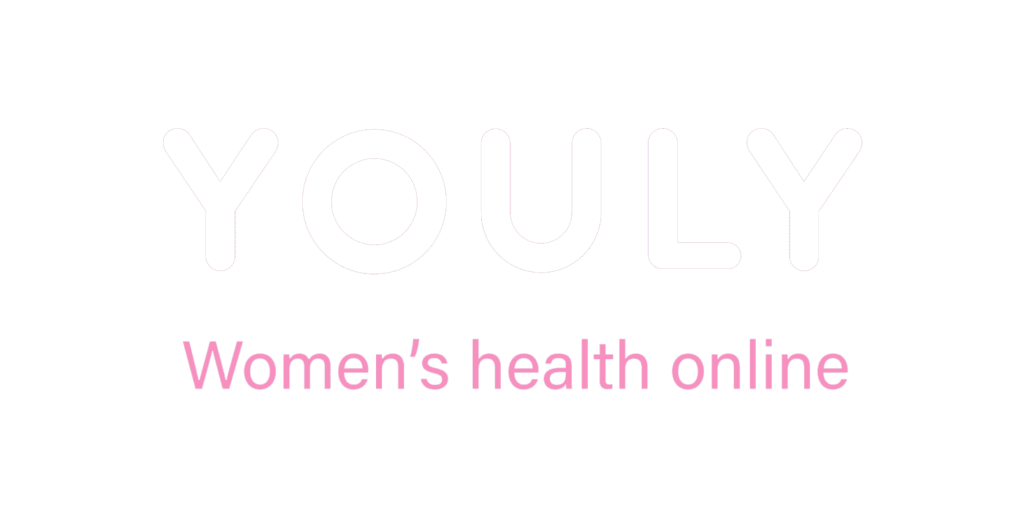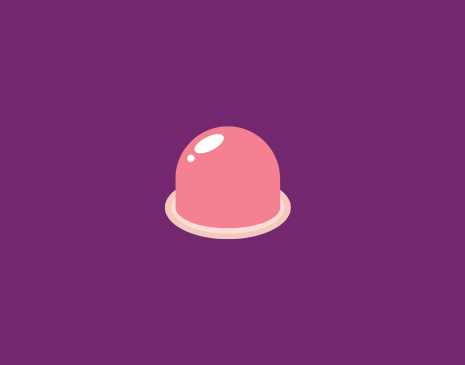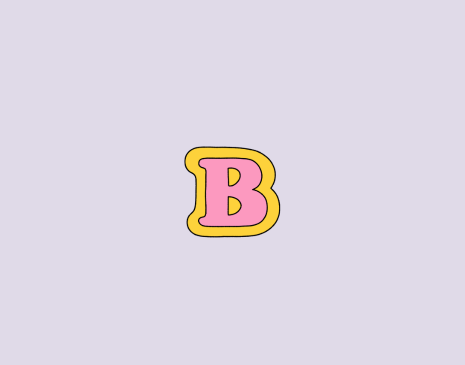Carefree sex, personal freedom, improved acne, and reduced symptoms of PMS. When talking about the oral contraceptive pill, you have to admit the list of perks is impressive. And, rightfully so; women should be rewarded for taking control of their future. But, while the benefits of taking the oral contraceptive pill are great, women can’t expect to be 100-percent invincible whilst religiously practicing their daily drop.
We all know that for every action there is an equal or opposite reaction (thanks, Newton). For the pill, that opposing reaction can involve temporary headaches, boob tenderness, mood swings, and more. Perhaps a small price to pay for a reduced risk of unplanned pregnancy. But, can the pill cause thrush?
Defined as a condition caused by an overgrowth of the fungus known as Candida Albicans, thrush is a super common infection experienced by 75% of women at some stage of their lives. Now, we’re not psychic, but simple maths proves that if you haven’t already experienced thrush, an episode may lie in your future. When that time arrives, you can rely on us for the tea on how to treat and get rid of thrush.
Candida is naturally present in the female body. It thrives on your skin, in your mouth, intestines and genitals. Your immune system and the good bacteria in your vagina function collectively as high-performing CEOs of Candida. While they do a great job of managing the fungus, it’s still common for the vaginal microbiome to sporadically fall out of balance. This is the moment a yeast overgrowth can occur, and hellooo thrush!
Can the oral contraceptive pill cause an imbalance in your hoo-ha that leads to thrush? In short, yes. In long, we need to have a tiny chat about female hormones. You see, in a healthy woman, progesterone and estrogen run on a constant rise and fall cycle of approximately 28-days. Oral contraceptives can disturb this natural hormonal flow by creating an estrogen dominance, aka the ideal landscape for Candida to flourish. Using birth control doesn’t directly cause a yeast infection; it’s the change of the vaginal environment that spearheads the operation towards thrush.
With its symptomatic profile of extreme itchiness, burning, stinging and swelling of your lady bits, thrush is not a phase of womanhood to look forward to. So, regardless of whether you’re on hormonal contraception, the best way to maintain a healthy vagina is to manage your microbiome through safe cleaning practices. And, for the record; this never involves douching!
If you do require treatment for thrush, remember, we’re here for you! Get started now.
This blog is designed to be informative and educational. It is not intended to provide specific medical advice or replace advice from your medical practitioner.













